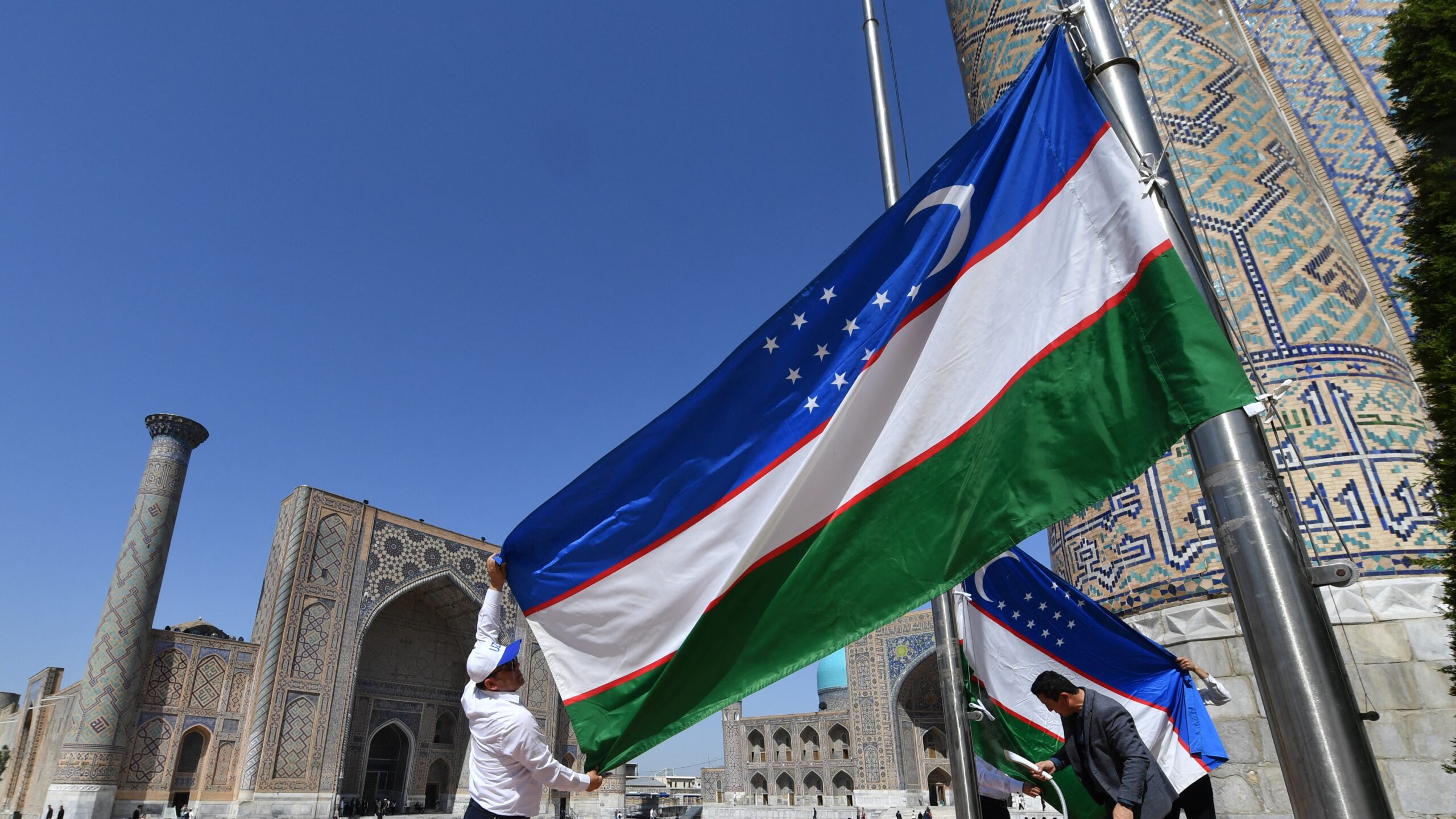Hungarian Defence Minister Kristóf Szalay-Bobrovniczky made a historic trip to Uzbekistan, marking the first official visit of its kind by a Hungarian defence chief. During the visit, he signed a declaration with his Uzbek counterpart, Major General Shuxrat G‘ayratjonovich Xolmuhamedov (Шухрат Гайратжонович Холмухамедов), signalling the beginning of a new era in military collaboration between the two countries.
In a video posted to his Facebook page, Szalay-Bobrovniczky emphasized that the agreement represents the start of a broader defence partnership. ‘We have launched something that is important both for Uzbekistan and Hungary—strengthening our defence industries and contributing to the stability of the Central Asian region, which is crucial for Hungary’s security,’ he said.
Highlighting the motto ‘peace requires strength’, the minister affirmed Hungary’s commitment to deepening defence cooperation. The visit also reflects the growing geopolitical and economic significance of Central Asia to Europe.
In a statement published on honvedelem.hu, Szalay-Bobrovniczky underlined the importance of maintaining open communication and cooperation channels between the East and the West, which, he said, directly serves Hungary’s national interests. This rationale made his visit to Tashkent particularly timely and significant.
Hungary and Uzbekistan elevated their bilateral relations to a strategic partnership in March 2021, with growing ties in political and economic spheres. The next phase, according to the minister, involves expanding cooperation in defence. He noted that the newly signed Joint Declaration will pave the way for collaboration in areas such as military education and training.
The minister also pointed out that since 2023, Hungary’s embassy in Tashkent has served as NATO’s liaison office in Uzbekistan—making Hungary a primary diplomatic link between the alliance and the Central Asian nation. Uzbekistan plays a key regional role in counter-terrorism, making it a valuable partner for NATO.
The two ministers also agreed on the importance of ending the war in Ukraine. Szalay-Bobrovniczky stressed that efforts led by the US administration to advance the peace process must be supported, and any actions that might undermine it should be avoided.
As part of the official programme, Szalay-Bobrovniczky laid a wreath at a monument commemorating the 1,400 Hungarian soldiers who died in captivity in Uzbekistan during World War I. The memorial was originally erected in the early 1920s.
The Hungarian minister also visited the Uzbek Academy of the Armed Forces, the Center for Innovative Technologies, and the Chimgan mountain training centre. These visits offered insights into Uzbekistan’s military practices and technological developments, especially in defence and training.
Related articles:








